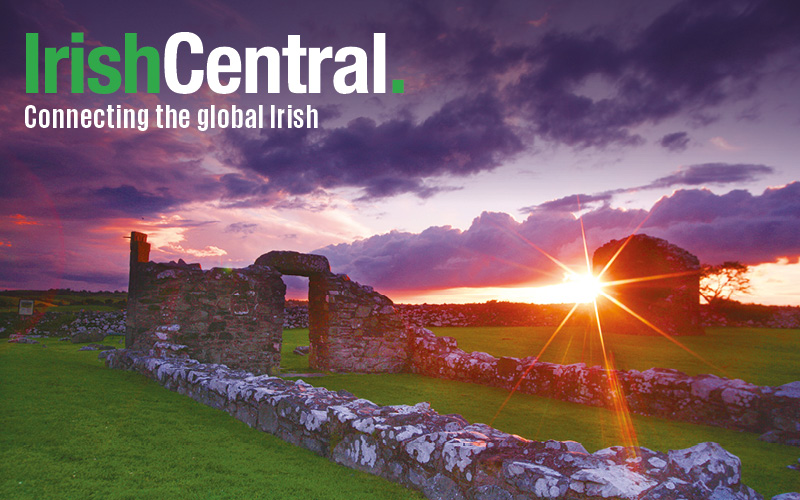Further to publication of your recent comment piece with regard to my New York Times article, I would be grateful if you might allow me the right to reply.
My authorship of four books, several peer reviewed history articles and five years of doctoral research on Irish political matters notwithstanding (The IrishCentral piece refers to my authorship of just one book), I would like your readers to know the following:
My article has generated a lot of debate which is of course its whole purpose. Many of those who have posted comments thus far have missed the whole point by conflating two wholly separate concepts: British culture and Empire, which are by no means synonymous ideas.
Many English people during the late nineteenth and early twentieth centuries were just as aghast at colonial policies as were the Irish. Young English soldiers returning to coal-mining districts after the Boer War had their weapons taken away for fear that they would rise in arms against the pit bosses. Likewise, the Treason Felony Act, so often touted as a singularly anti-Irish piece of legislation, saw scores of working class English Chartists exiled to Australia.
The spirit of this piece is to recapture a lost moment of solidarity - a time when Irish nationalists were able to reach out to men like Charles Bradlaugh. “We declare, in the face of our brethren, that we intend no war against the people of England,” ran the first proclamation of the Irish Republic in 1866. “Our war is against the aristocratic locusts, whether English or Irish, who have eaten the verdure of our fields.”
Rather than set us free, the idea of 'us' against 'them' only serves to enslave. As the article states - the true enemy is processes, not people; the Forces of Empire, not the British people themselves, and lastly, but most importantly, the Free State parish pump carpet baggers, who suckered the Irish people into buying into the idea of a great Celtic Nation while they prostrated themselves at the feet of the Pope and got rich at the expense of the working man.
The idea that we share a common culture of the British Isles predates the Union Jack. Ours is a culture that can, and should, celebrate pride in regional cultures, be they English, Scottish, Irish or Welsh, yet recognize a common bond of brotherhood.
Britain espoused an older Republicanism - one that is now being rediscovered in questions about the role of the monarchy, the relevance of the flag and whether or not the statue of African colonizer Cecil Rhodes ought to be pulled down in Oxford.
Another aspect of this article is that some elements of the Gaelic Revival were necessarily kitsch (which indeed they were) while Ireland attempted to assert its otherness (a term borrowed from Edward Said) but that does not mean to suggest that there was not also an authentic Irish identity. The tragedy is that 'Irish Ireland' ultimately served to exclude, rather than bring together, our fellow toilers in Britain and to separate the united cause of labor. Prior to independence, our respective peoples had intermingled for centuries; the idea that there was somehow a mystic, purebred Celtic race to be reinstated after independence was a myth.
Dublin is often cited as having the worst slums in Europe, but consider the desperate poverty in the tenements of London, Edinburgh and other major cities - slums from which many British participants of the Rising came, including James Connolly himself. Injustice against the Irish was by no means unique, but on the other hand, denigration of the poor was a better distributed commodity. Of the British aristocracy, a Sheffield native wrote the following during the 1890s: “Do you know what a charter is? Why it is a license to rob anyone weaker than yourself.” I have spent years poring over papers of the British establishment. Time after time, these show who the real threat was - the “dangerous” working classes.
Ultimately then, when it comes to Easter Week 1916, I respect the vision of many of the rebel leaders, none of whom would recognize today's Ireland with its homeless crisis , political corruption and gangland vice. Surely this is not the republic they died to create.
Likewise, I cannot readily accept that somehow, ordinary British men and women were the enemy of the Irish people or that our culture was radically different to theirs.
However when it comes to the fight against Empire, against oppression, against injustice of all kinds, that is something I can agree on.
- Barry Kennerk




Comments